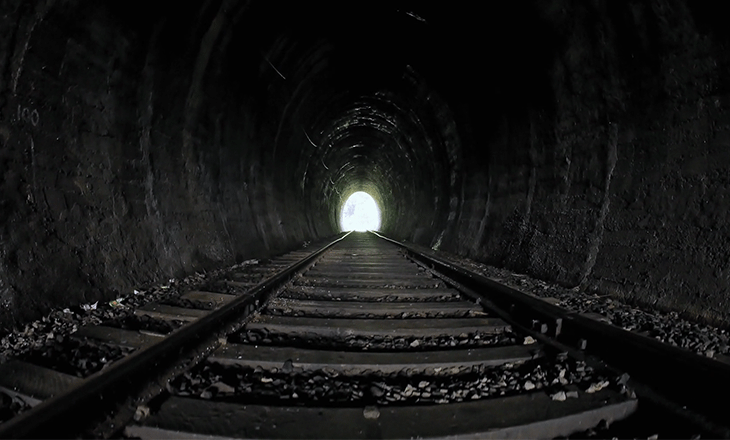The Mt. Gox tragedy continues along its slow and dreary trail. Some 24,000 creditors are awaiting any kind of announcement that a possible distribution of recovered proceeds could occur in the not too distant future. The bankruptcy trustee has recovered $400 million by selling remaining Bitcoins during the 2017 to 2018 time period, but the case is mired in creditor objections and pending lawsuits. The news today is that at least one of the claimants has received an email stating that objections to his claim were withdrawn.
For those of you unfamiliar with the Mt. Gox saga, it was the largest crypto exchange in the system in its early days. Based in Tokyo, it suddenly became the prime target for what has been called the largest crypto hack in history. Here is a brief recap:
The Mt. Gox hack in 2011 was the biggest bitcoin hack the world has seen, with 850,000 BTC (worth about $460 million at the time) stolen. The embattled exchange subsequently collapsed three years later, with 24,000 creditors out of pocket.
Not all Bitcoins were stolen, and a few were also recovered. The first controversial decision that was made was that all Bitcoins would be pooled together and then apportioned out proportionately, based on existing claim amounts, but no attempt would be made to pay out any appreciation in BTC that may have occurred over time. At the time of the hack, BTC values were roughly ten percent of today’s market price. If you do the math, the loss sustained, based on today’s valuation amount, would exceed $4.6 billion. There have been no estimates of the final take that thieves were able to pocket.
The bankruptcy trustee, Nobuaki Kobayashi, has repeatedly asked all creditors to file claims, regardless of the size of their account balance. He also decided to make automated claims for anyone with a balance and whose KYC information could be verified. According to a social media maven by the name of “DerEwige”, he received an email that purportedly advised him that any objections to his claim had been lifted.
The email was sent in both Japanese and English and read:
The creditors who objected to your self-approved rehabilitation claim withdrew their objections. As a result, the approval of your self-approved rehabilitation claim has become effective, and you no longer need to file an application for claim assessment.
Kobayashi also announced in April that a decision had been made for every creditor who had filed a rehabilitation claim, but he also warned that, “The timing and method of repayment had not been determined.” Kobayashi has also come under fire for his liquidation of existing Bitcoins in the market. He was able to raise $400 million from September of 2017 through March of 2018, but critics questioned his sale of nearly half of the tokens on February 5 of 2018. The Bitcoin market value crashed down to $6,000 the very next day, and many investors put the blame on Kobayashi for the fall.
The odd part about this new episode is that no one has been able to confirm with the law firm supporting the bankruptcy trustee, Nagashima Ohno & Tsunematsu, or with any other claimant that the email is official. It appeared to have originated from the law firm, but DerEwige (German for the eternal or everlasting one) may have been an unusual case. His balance was less than $10. He never filed a claim, but when he was informed that an automated claim would be created if he identified himself, he followed through.
And so the Mt. Gox beat goes on, without any hint of when or how a distribution to 24,000 or less creditors might be made in future. There is, however, one other outstanding issue, as one reporter noted:
An ongoing $16 billion legal dispute with Coinlab, which partnered with Mt. Gox in 2012 to become the exchange’s U.S. limb, will likely continue to put any reimbursement date for Mt. Gox users on hold.
